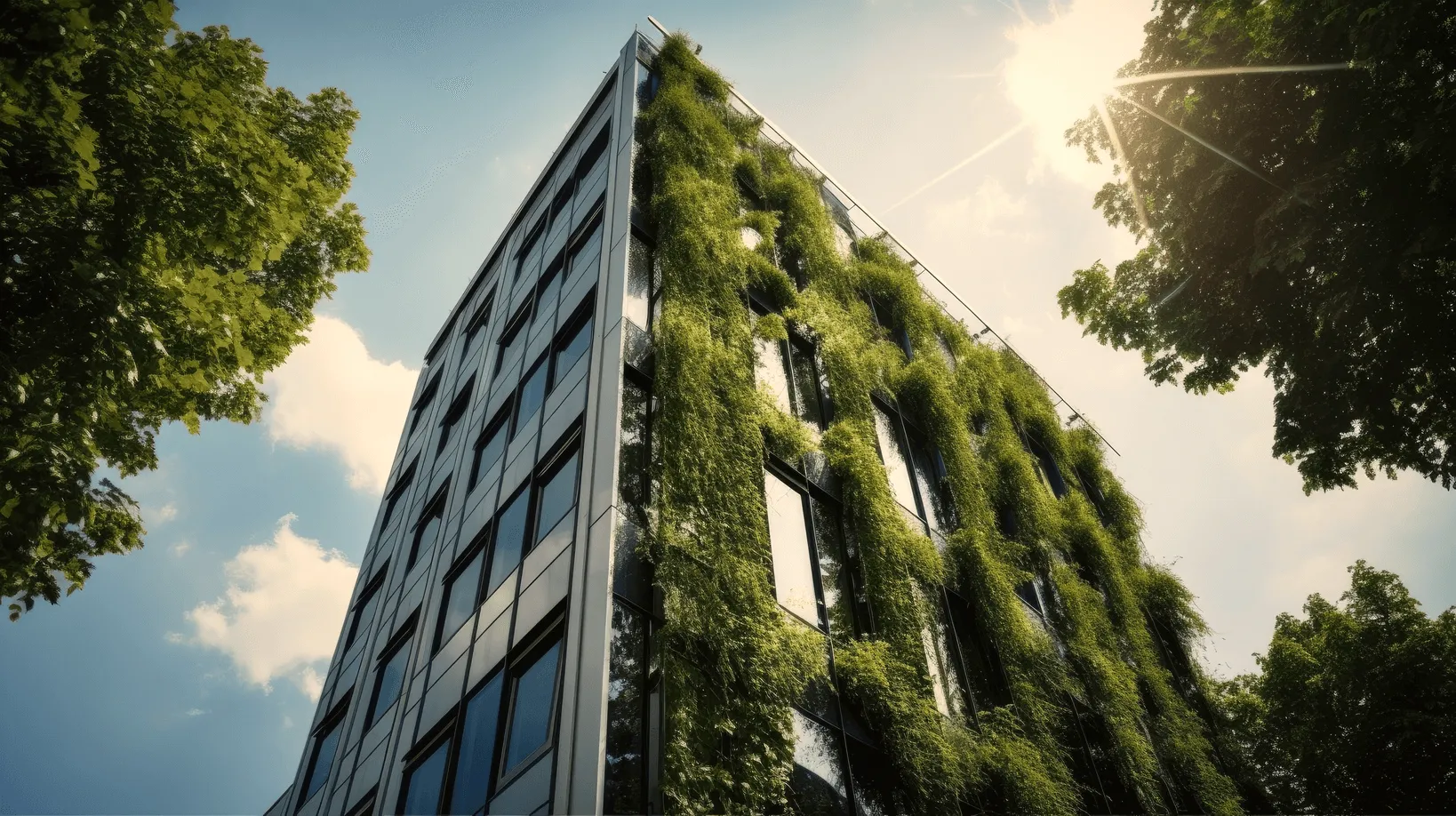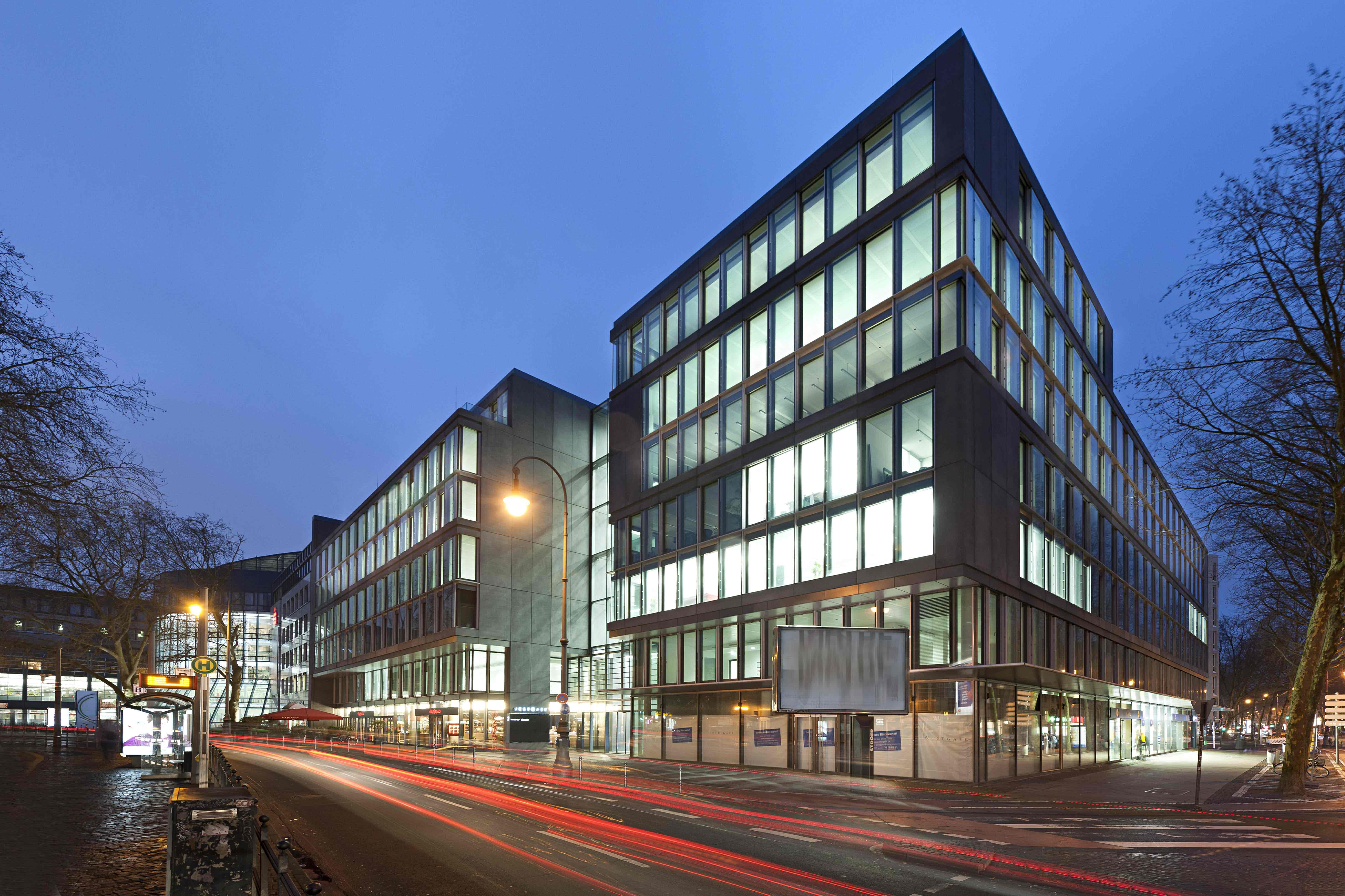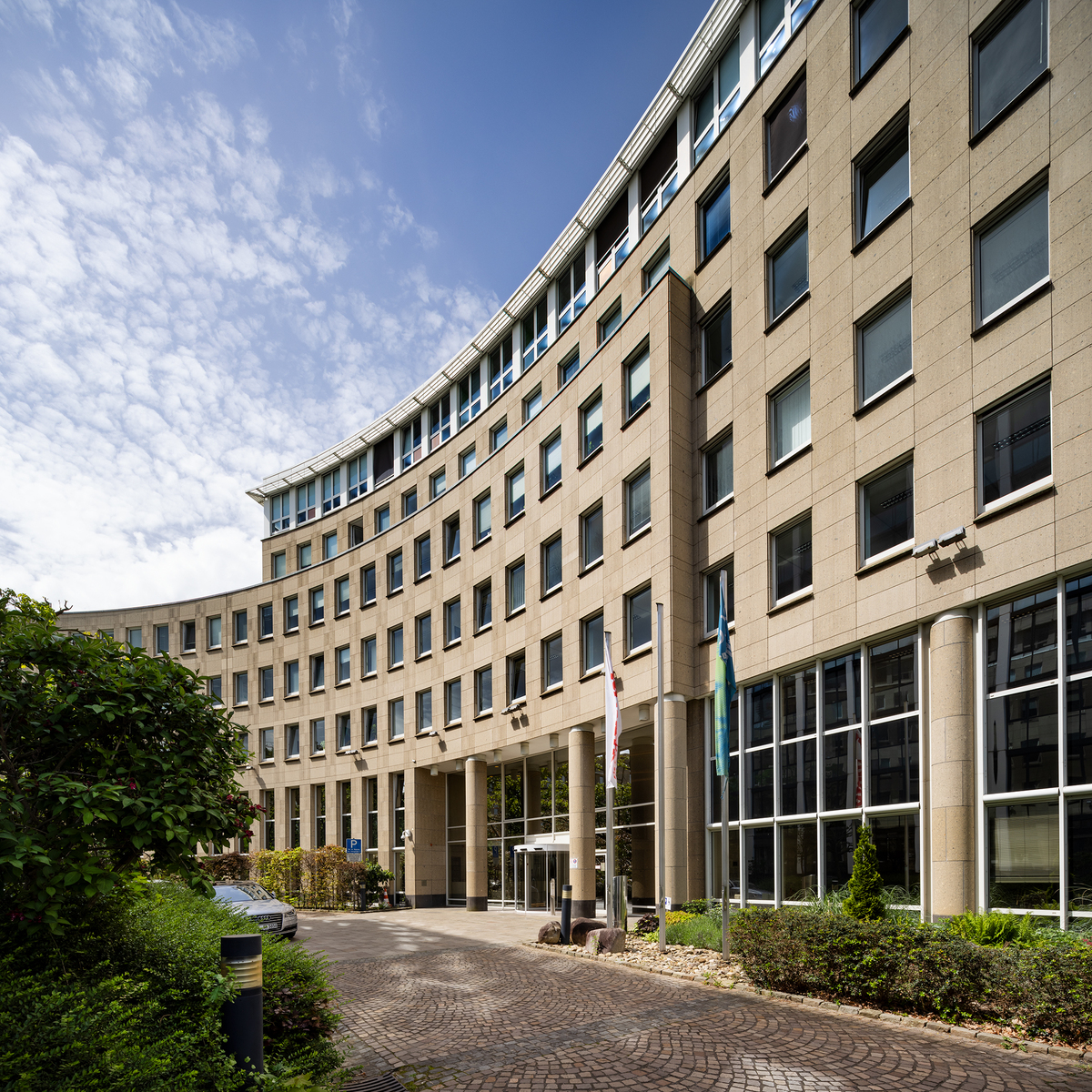
Glossary
aedifion
Paris Agreement
The Paris Agreement on Climate Change, officially known as the Paris Agreement, is a contract under international law that was adopted at the World Climate Conference in the French capital in December 2015. With the agreement, 195 countries have committed to curbing climate change. The agreement stipulates that the global temperature rise should be limited to 1.5 degrees Celsius if possible, but in any case to well below two degrees Celsius. CO2 emissions are to be reduced and financial resources directed in line with climate protection targets in order to achieve greenhouse gas neutrality through decarbonization. Another aspect of the international treaty is the achievement of increased adaptability of affected countries to a changing climate. Developing countries are supported financially and through knowledge and technology transfer in achieving the goals. All countries must report regularly on progress and developments. The European "Green Deal" was adopted to implement the agreement, as was the Climate Protection Act in Germany.
The transparency requirements of the agreement stipulate that countries must also report on energy consumption and greenhouse gas emissions from buildings in order to identify potential for improvement in the building sector. The agreement also promotes research and development, which will also have a major long-term impact in the field of building automation. Technologies for energy-efficient buildings are an important basis for achieving the goals of the Paris Climate Agreement. The decarbonization of buildings also contributes immensely to their value stability.
Success Stories
Buildings Simply Made Better
Get in Touch With US!
In a one-on-one meeting, we will clarify your specific requirements and demonstrate how our AI-based cloud solutions and service packages can benefit you.








